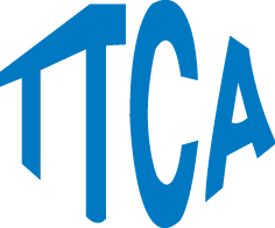WELCOME TO THE Joint Consultative Council for the Construction Industry
PROM0TING A BETTER TRINIDAD & TOBAGO CONSTRUCTION INDUSTRY
JCC Meets With
OPR Regulator
The following notes of our meeting with The Regulator provide the salient points discussed and information shared by the OPR with the JCC
JCC CRIME SURVEY
The JCC has confirmed through an online survey of its members in December 2023 that the vast majority of its membership has been impacted in some way by the escalation of crime within the construction industry operations. When asked, “Do you know anyone or their company who has been a victim of crime on a construction project in T&T?”, a whopping 77% of the respondents answered in the affirmative.



When the question was posed more personally as in, “Have you or your company been a victim of crime on a construction project in T&T?”, the respondents answering “Yes” was a bit lower as expected, but still very significant at 60%.

Extortion appeared to be the most prevalent type of crime affecting the industry as 65% of the respondents indicated in their response to, “To what type of crime are you referring?”.

The call by the TTPS for the public to report crimes appears to have been answered by the construction industry as 82% of the respondents surveyed indicated that the crimes that they cite in this survey, were actually reported.

When asked however, “Are you aware of any outcome?”, 86% of the respondents in this survey responded negatively, pointing to either very low detection rates by the TTPS or failure to communicate outcomes.
By doing this survey within the Construction Industry, we have confirmed what appears to be the case at a country level regarding the effects of crime and its impact on citizens. The numbers are alarming and once again we call on the government of the day top take all steps necessary to curb this trend as we step into the year 2024.
Fazir Khan
President – Joint Consultative Council for the Construction Industry
Online Survey carried out by Eng. Ian Cox (APETT)
REGISTER
ON THE OPR DEPOSITORY
ADDRESSING PROCUREMENT REFORM
PROCUREMENT LEGISLATION PERSPECTIVE

Association of Professional Engineers of Trinidad and Tobago
APETT is dedicated to the development of engineers and the engineering profession within Trinidad and Tobago.
VISIT WEBSITE



